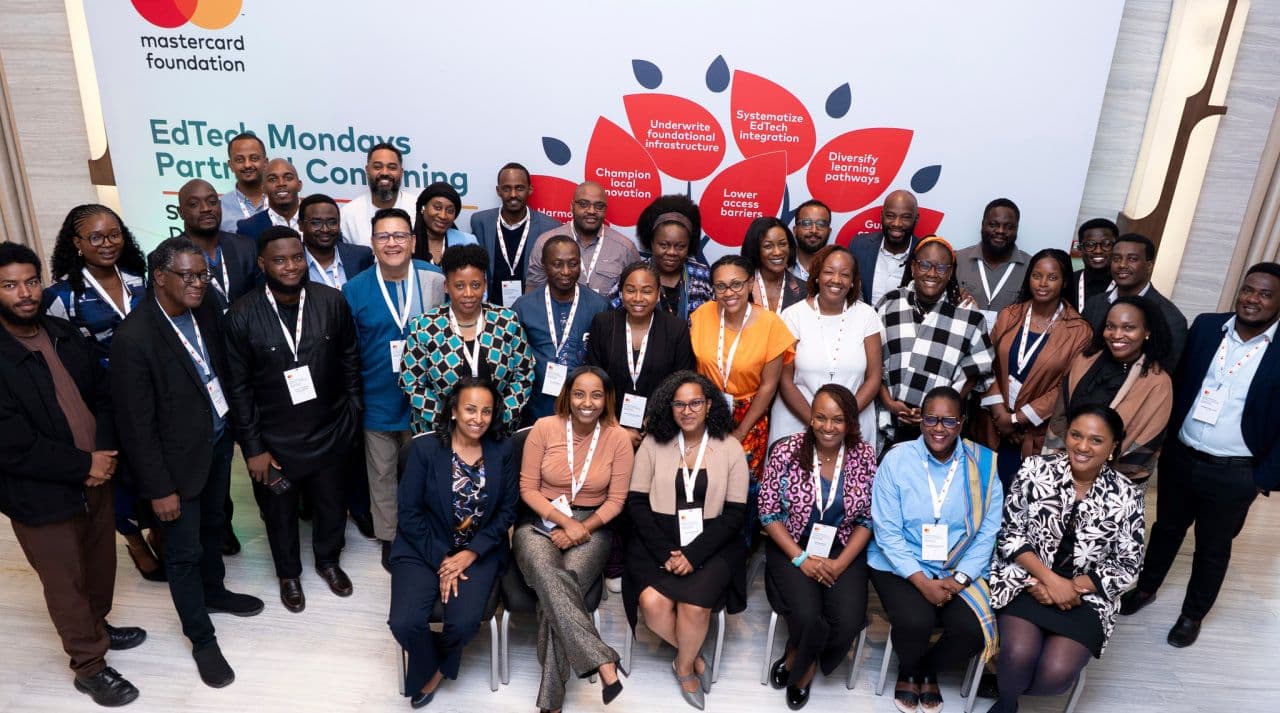If you are an African who grew up in Africa, and upon imagining the above scene, you did not picture a single one of the characters resembling yourself, then I’m sorry to say that you’re one of the many victims of the tragic misrepresentation and under-representation of Africa.
The role of art in a society
Throughout history, art has held a significant role in communicating the values of a culture and passing on the pride and virtues of society to the next generation. Up to today’s modern world, art has kept its influence over the image, branding, and representation of communities. This is one of many reasons why a little African girl could fail to imagine a beautiful African princess; not many artistic depictions exist for her reference.

Ancient African Art
Gaming is one of the most technologically advanced forms of art today. It is a collaborative creation that brings together the diverse artistic realms of storytelling, music, visual arts, animation, sports, architecture, photography, videography and many more. In the technological era that we are in, it can also prove to be a powerful channel for representing the identity of those creating it.
Kukulu: a game from Africa to the world!
Qene Technologies, a startup mobile gaming company based in Addis Abeba, Ethiopia, launched its first mobile game Kukulu in 2018. Kukulu is a product of more than a year’s struggle in trying to establish an African game brand that can compete internationally and set the stage and expectations for a game conceived, built and published in Africa.

The Qene team
Kukulu sets place in the fairy-tale lands of Africa and takes the player on a magical adventure that tells the story of a brave chicken’s exhilarating journey from escaping her captive farmer one holiday morning in a small village to becoming the hero and savior of a magical dark forest. Led by her mysterious guardian birds (the mighty pigeon, and the formidable crow) Kukulu runs for her life through beautiful African terrains, avoiding challenging obstacles and making use of exciting power-ups.
God of Thunder… that sounds familiar!
An interesting feature in Kukulu’s game play is the “Shango’s Oshe” power up that allows Kukulu to summon thunder and destroy all nearby obstacles. This power up is taken from an ancient African legend of a Yoruba deity called Shango. “Shango is a God of Thunder. Living in the sky he hurls thunder stones to earth, killing those who offend him or setting their houses a fire. His thunderbolts are prehistoric stone celts which farmers sometimes find while hoeing their fields. He was noted for his magical powers and was feared because when he spoke, fire came out of his mouth.”

Kukulu’ Shango Power
Why do the art industry deserve attention?
“The principles of true art is not to portray, but to evoke” -Jerzy Kosiński
Perhaps a necessary initial step in strengthening the art industry is recognizing the significant impact that it can have in our lives. Art is a powerful tool that can be used to fight all the negative misrepresentations present in our world and inspire the next generation to reimagine a better and brighter future.
Art can be a magical mirror through which we can see an ideal world that does not exist, and evoke in our hearts the courage, ambition, and strength of character we need in order to bring it to reality.
Kukulu is the first of many games to come from Qene Technologies. But there is still a long journey ahead for the African gaming industry. Problems ranging from sales and distribution channels to the awareness and purchasing power of the African gaming community will pose difficult obstacles that will require a lot of perseverance, grit, and ingenuity to breakthrough.
With the help of daring and outrageously visionary African talents, Qene will strive to keep setting standards in the industry and compete with the gaming giants of the world.
Dawit Abrham is a CEO of Qene Technologies, a startup behind Kukulu game.











